Israel at war: ‘The saddest joy and happiest sadness’ as hostages released
For each hostage, Israel has agreed to return three Palestinian prisoners, in a deal that has also seen a pause in fighting and allowed fuel, cooking gas and aid into Gaza.
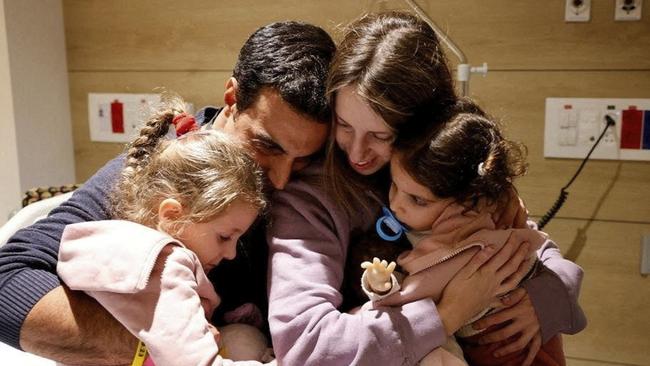
Thirteen Israeli hostages were released from captivity on Sunday following several hours of tense negotiations, in which terrorist group Hamas threatened to withhold the captives and Israel vowed that doing so would swiftly see a resumption of warfare in Gaza.
Five women and eight children, as well as four Thai nationals, were set free on Sunday and returned as part of a four-day agreement to release 50 Israeli captives from roughly 240 of those kidnapped, a process that started on Friday and is expected to continue this week.
For each hostage, the Israeli government has agreed to return three Palestinian prisoners, in a deal that has also seen a pause in the fighting and allowed fuel, cooking gas and other aid supplies to be permitted into Gaza.
Some of these items were barred at the start of the war to prevent their being used by Hamas.
The terrorist group has been offered one-day extensions to the four-day ceasefire for every 10 further captives it sets free above the 50 people already scheduled to be handed over.
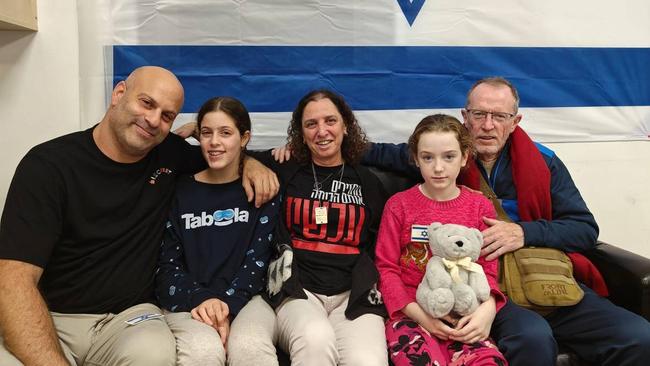
Families reunited with their kidnapped relatives on Sunday expressed overwhelming relief at having them back, but some spoke passionately about the remaining hostages, saying there would be no peace until they were also brought home.
The first group of hostages released on Friday contained 14 Israelis and 10 foreign nationals, many of them bearing ties to the kibbutz of Nir Oz, a community decimated on October 7. Those arriving on Sunday had greater ties to Be’eri, a kibbutz that also suffered devastating losses and a civilian massacre.
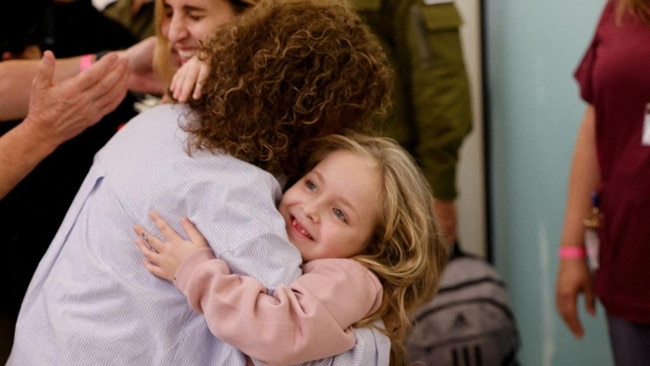
Among the returned was nine-year-old Emily Hand, whose reunion with her widowed father, Tom, ended weeks of despair; Mr Hand was initially told by authorities that Emily had been killed, only to then be informed that she was kidnapped to Gaza.
In a statement, her family said they were unable to describe the experience of “50 challenging and complicated days”, but the feeling of having Emily back was tempered only by the sadness that many others were still being held captive.
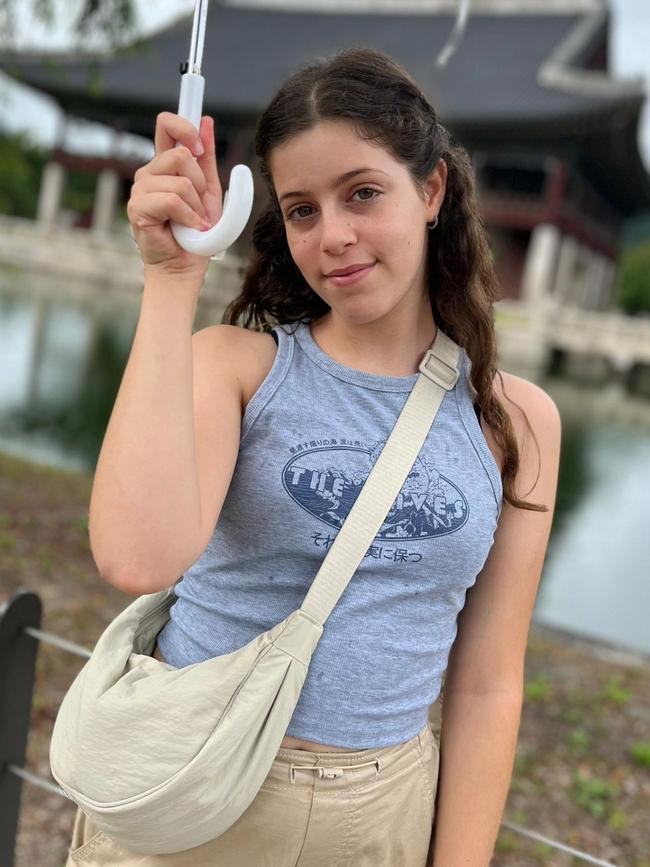
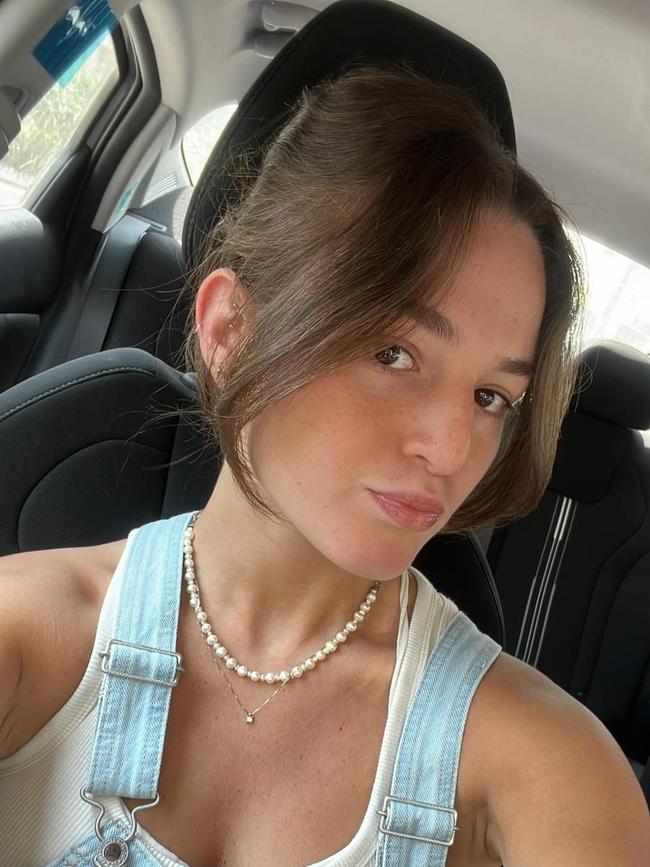
“We will persist in doing everything in our power to bring them back home,” they said.
Also released on Saturday was Emily’s friend Hila Rotem, 12, who escaped from her home and hid in surrounding bushes, only to be spotted later by the terrorists.
She was released without her mother, Ra’aya, a circumstance that hostage representatives and kibbutz officials described as a violation of the ceasefire terms, because children were not supposed to be separated from their parents.
Footage released by Hamas depicted masked gunmen holding hands with some captives; other hostages were filmed smiling and waving goodbye.
Maya Regev, a 21-year-old attendee of the Nova music festival, was filmed limping on crutches to a waiting Red Cross vehicle.
She was shot by terrorists at the dance party and was on the phone to her father, pleading for him to save her, when she was discovered and kidnapped to Gaza with her brother.
Her mother Mirit spoke of the joy of having her daughter returned but conceded her heart remained split because her son, Itay, was still being held by Hamas.
“I’m going to hug Maya so hard,” she said.
Also released were Sharon Avigdori, 52, and her 12-year-old daughter Noam, both of whom were kidnapped from Be’eri while visiting family. Their relatives, Shoshan Haran, 67, daughter Adina Shoham, 38, and grandchildren, Yahel, 3, and Naveh, 8, were returned alongside them.
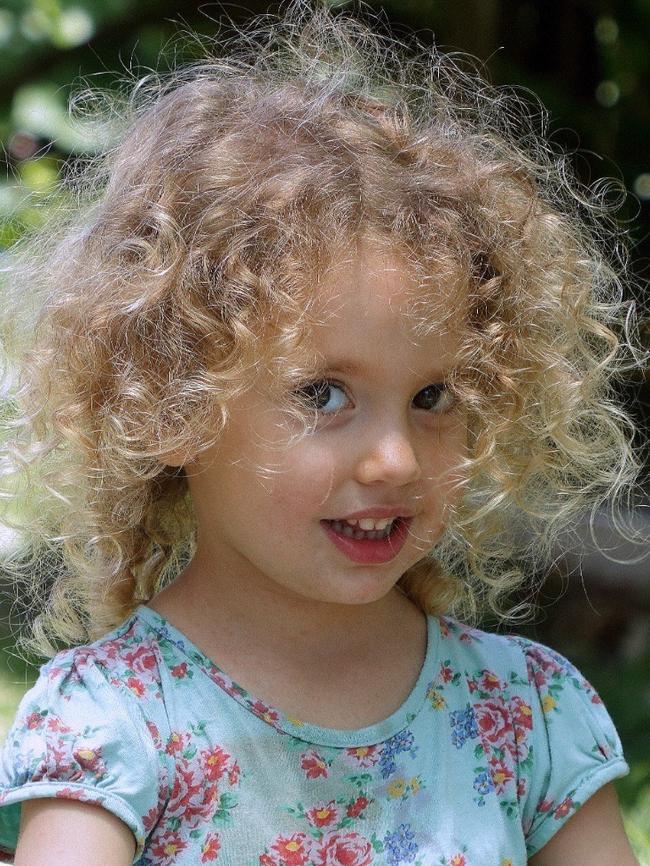
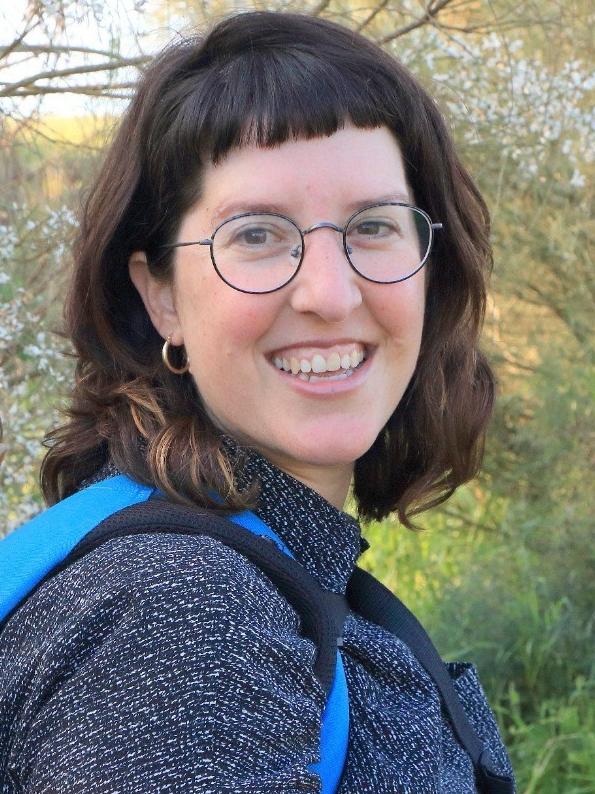
“This is the saddest joy and the happiest sadness, but our family is home,” said Inbal Tzach, a cousin to Ms Shoham, referring to the status of those left behind.
Others released included Alma Or, 13, and her brother Noam, 17. Their mother, Yonat, was murdered on October 7 and their father, Dror, remains in captivity.
Also named were Shiri Weiss, 53, and her daughter Noga, 18, with Ms Weiss’ husband, Ilan, known to be still missing; her brother and nephew were both murdered on October 7.
Given their captivity and the chaos of their capture, some hostages were only learning on arrival in Israel of what unfolded on the day they were kidnapped, and the fate of loved ones and friends.
Stepping on to Israeli soil, Hannah Katzir, 77, learned her husband, Rami, had been murdered, and that her son Elad had been abducted and remained in Gaza.
Keren Munder, 54, was filmed asking a first responder whether her father had been kidnapped or if he was dead. She nodded when she was told he was still alive and being held by Hamas. Hugging a relative, she said she’d already heard on the radio that her brother, Roi, had been killed.
Some hostages were known to have been given food and limited access to a bathroom during their time in captivity, according to details divulged by relatives. Many captives were moved between locations and said have subsisted for weeks on portions of rice.
At times there was no food at all, and they slept on benches underground. Some have said they weren’t tortured, a claim that clashes with footage published by Hamas not long after October 7; it showed captured men being displayed as trophies, their hands bound, lying on their stomachs, and being terrorised by a person shining a light in their face.
At the weekend, Foreign Minister Penny Wong described the developments as “welcome progress” and said she was hopeful more captives would be returned by Hamas. Anthony Albanese said the release of the hostages represented “important progress” towards ending the conflict.
The deal to free the hostages almost fell through on Sunday just hours before the scheduled handover when Hamas announced it would delay the handback of Israeli captives. Its officials complained that Palestinian prisoners in Israeli were not being freed in the order of their jail time served, prompting urgent intervention by Qatari and Egyptian diplomats, who seemed to solve the impasse.
Alex Ryvchin, co-CEO of the Executive Council of Australian Jewry, said the 39 Palestinian prisoners being released included some who had attempted to kill Israelis and others who represented an ongoing threat to the Jewish state’s peace and security.
“We feel relief and gratitude some of the most vulnerable hostages … are now free, away from the hell of Hamas captivity,” Mr Ryvchin said. “But it is difficult to feel joy knowing some of the hostages are orphaned or the last surviving members of their families.





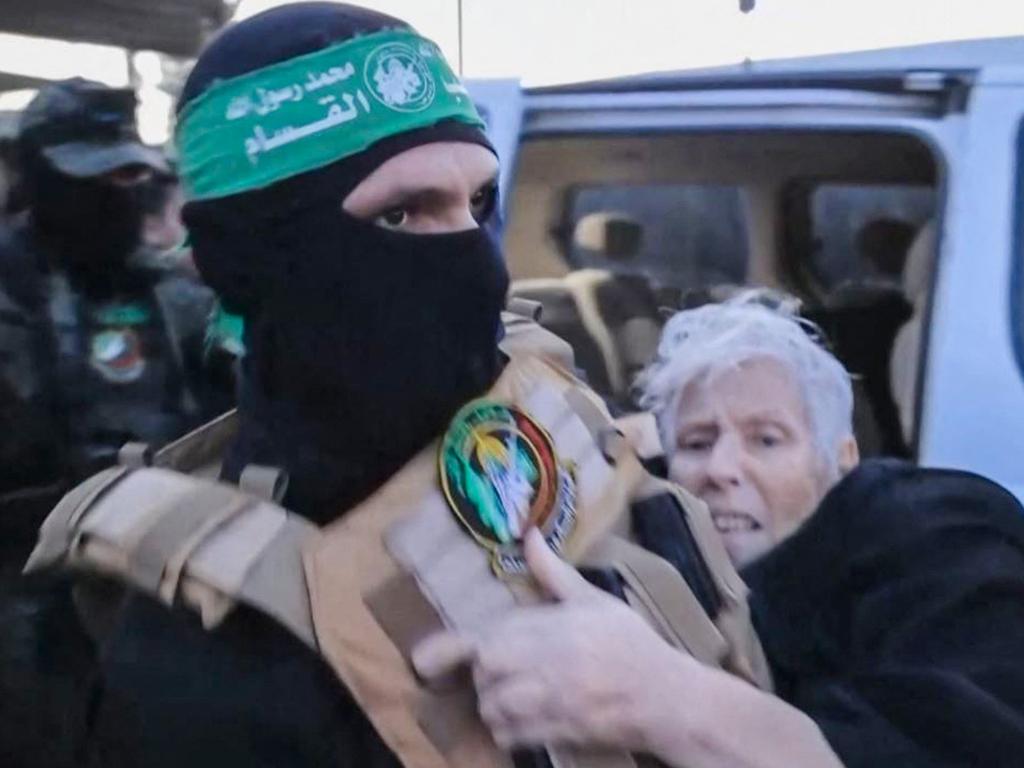
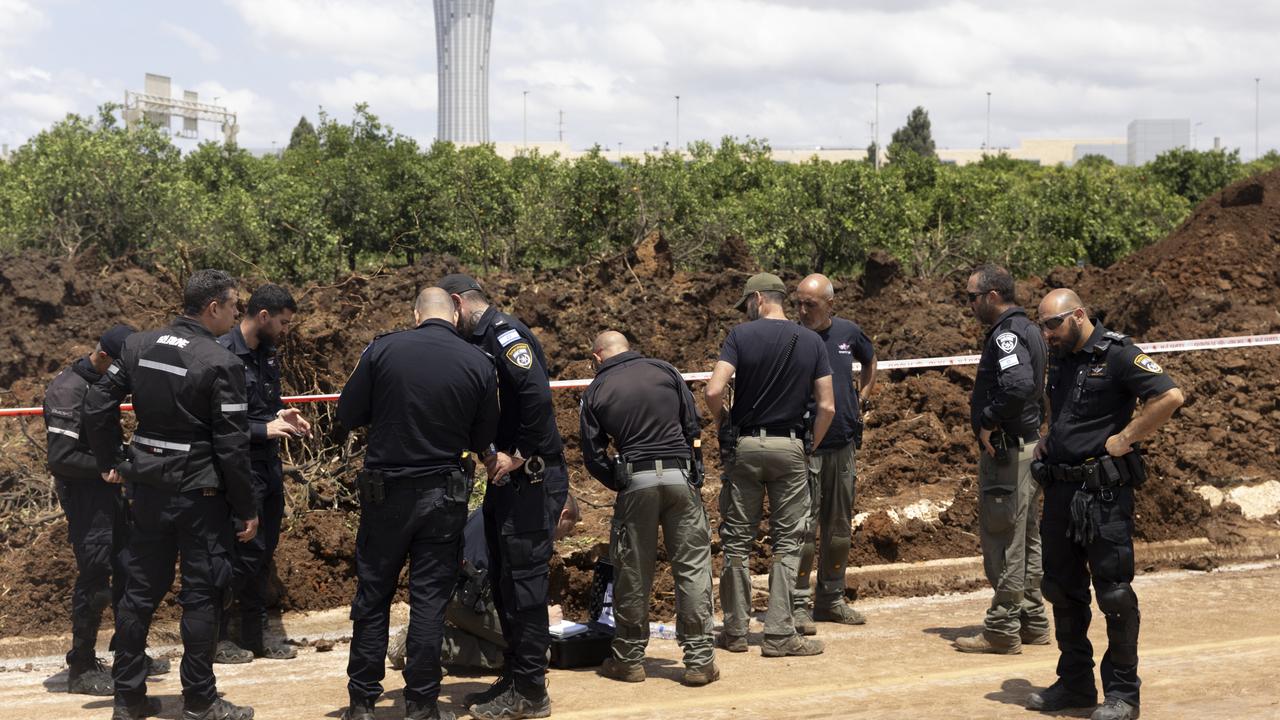
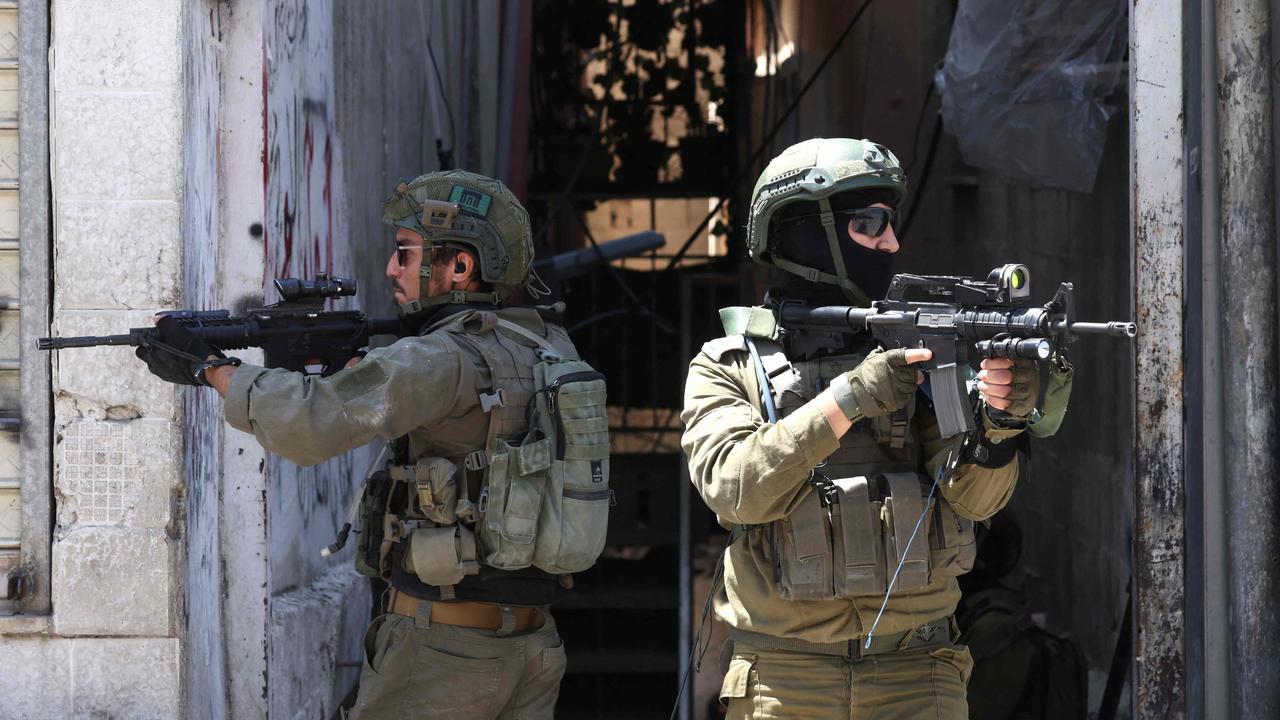
To join the conversation, please log in. Don't have an account? Register
Join the conversation, you are commenting as Logout